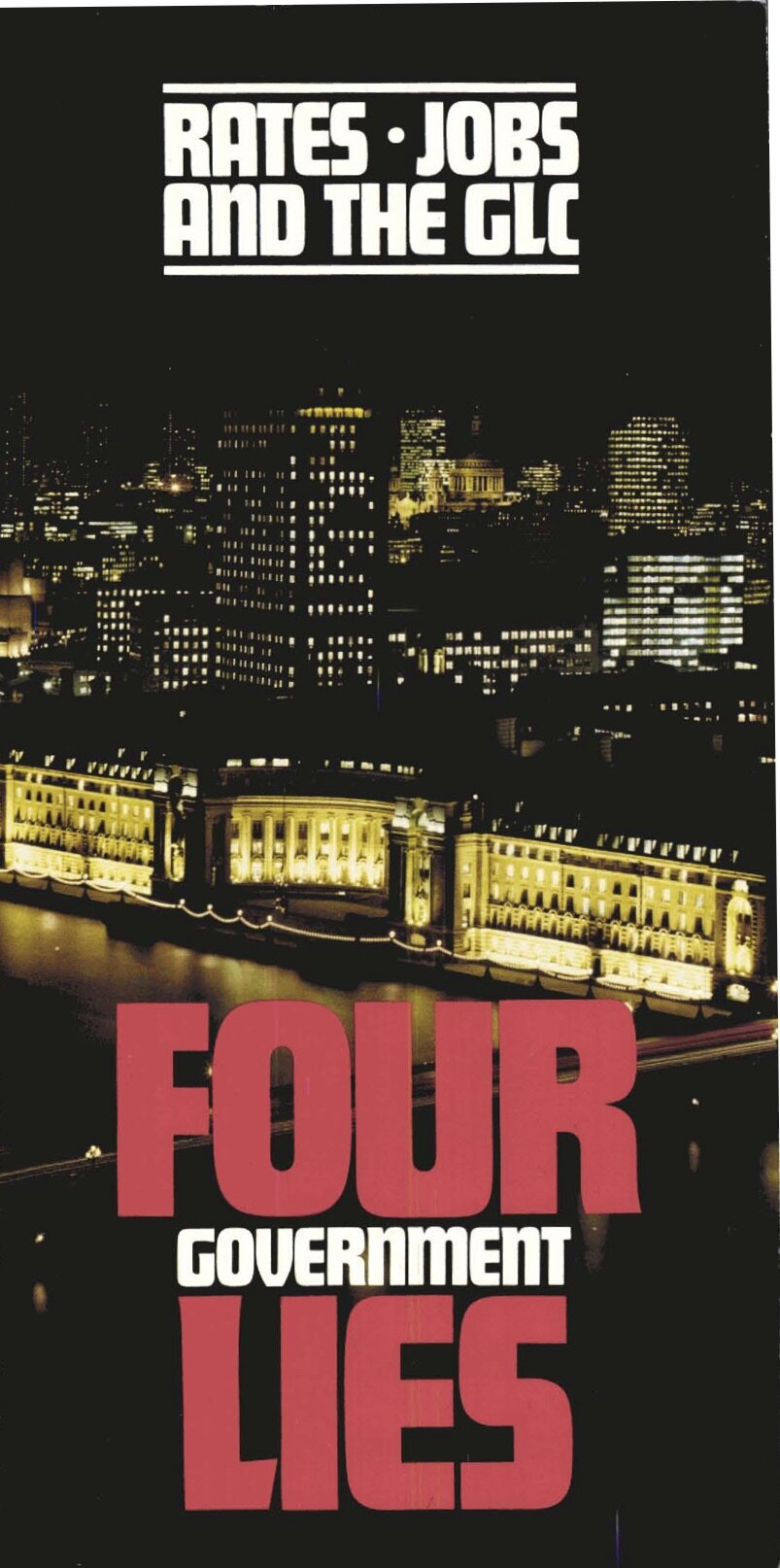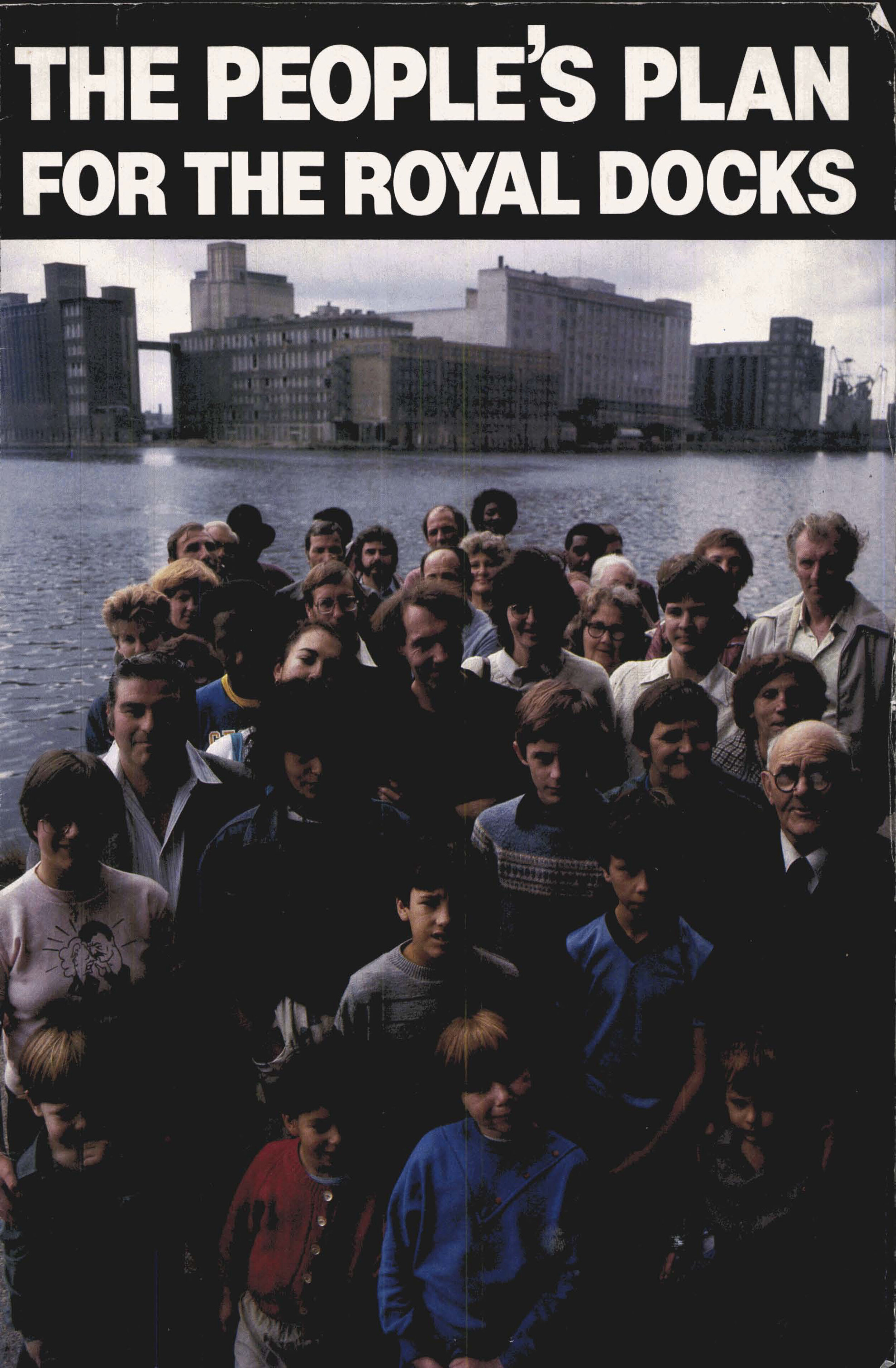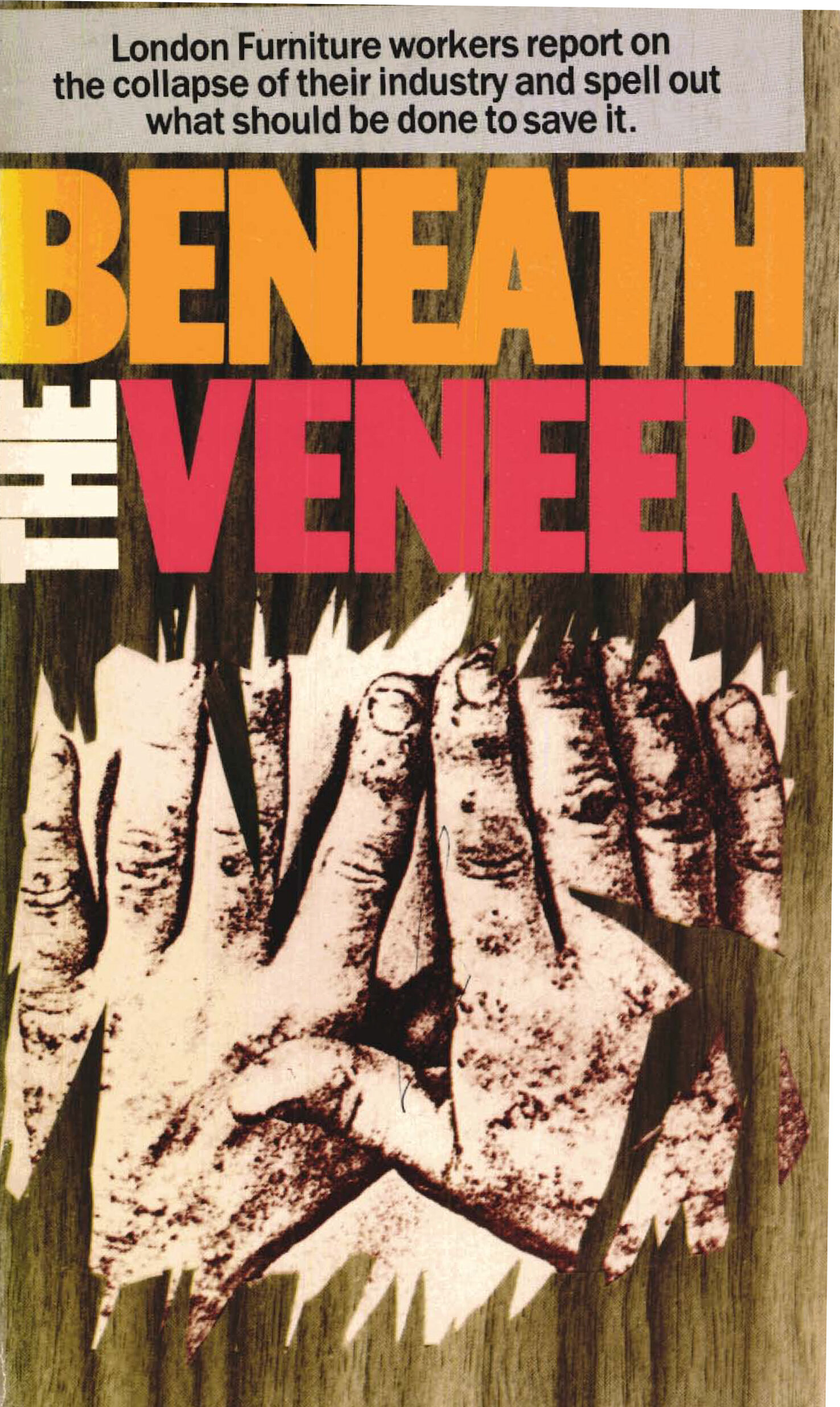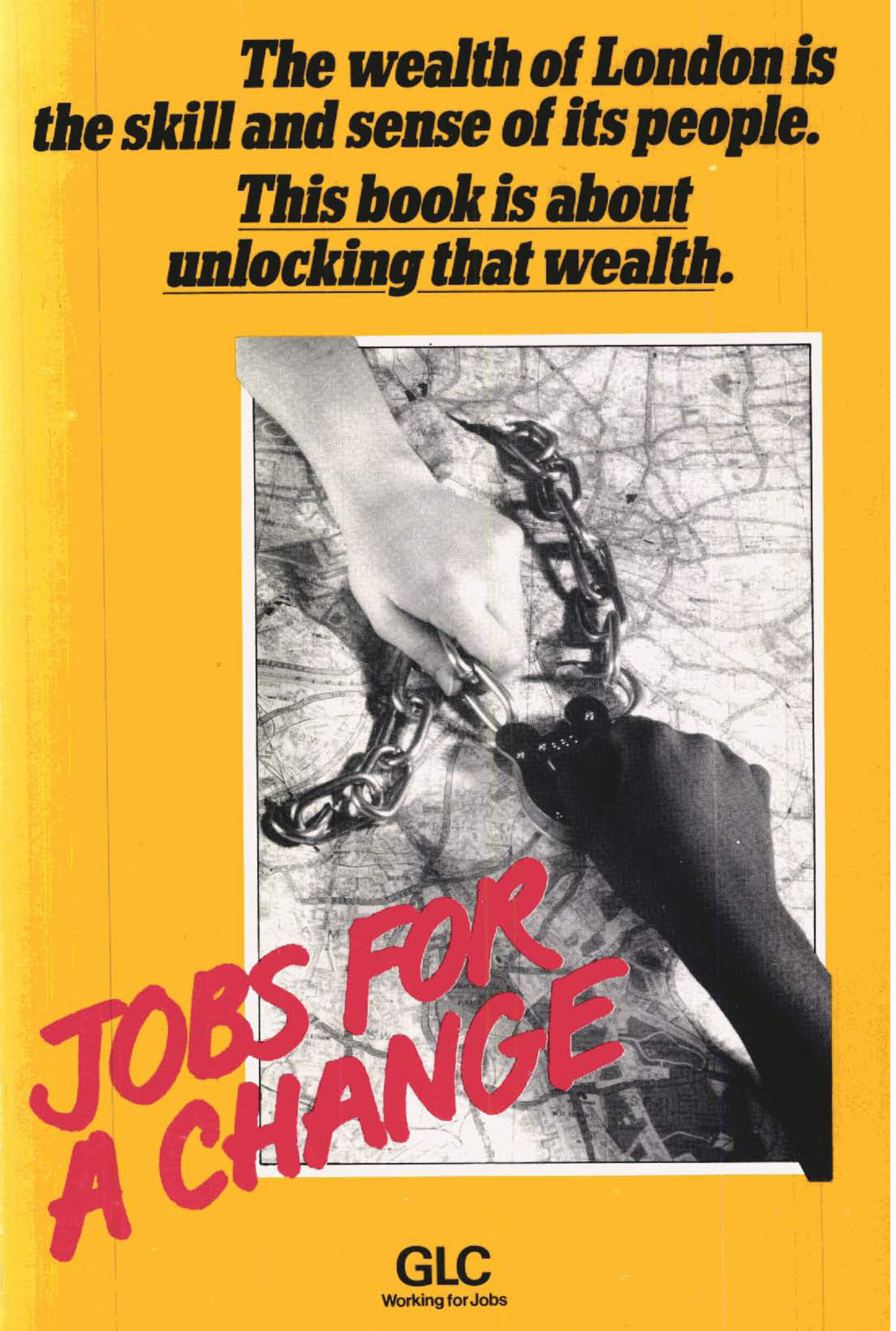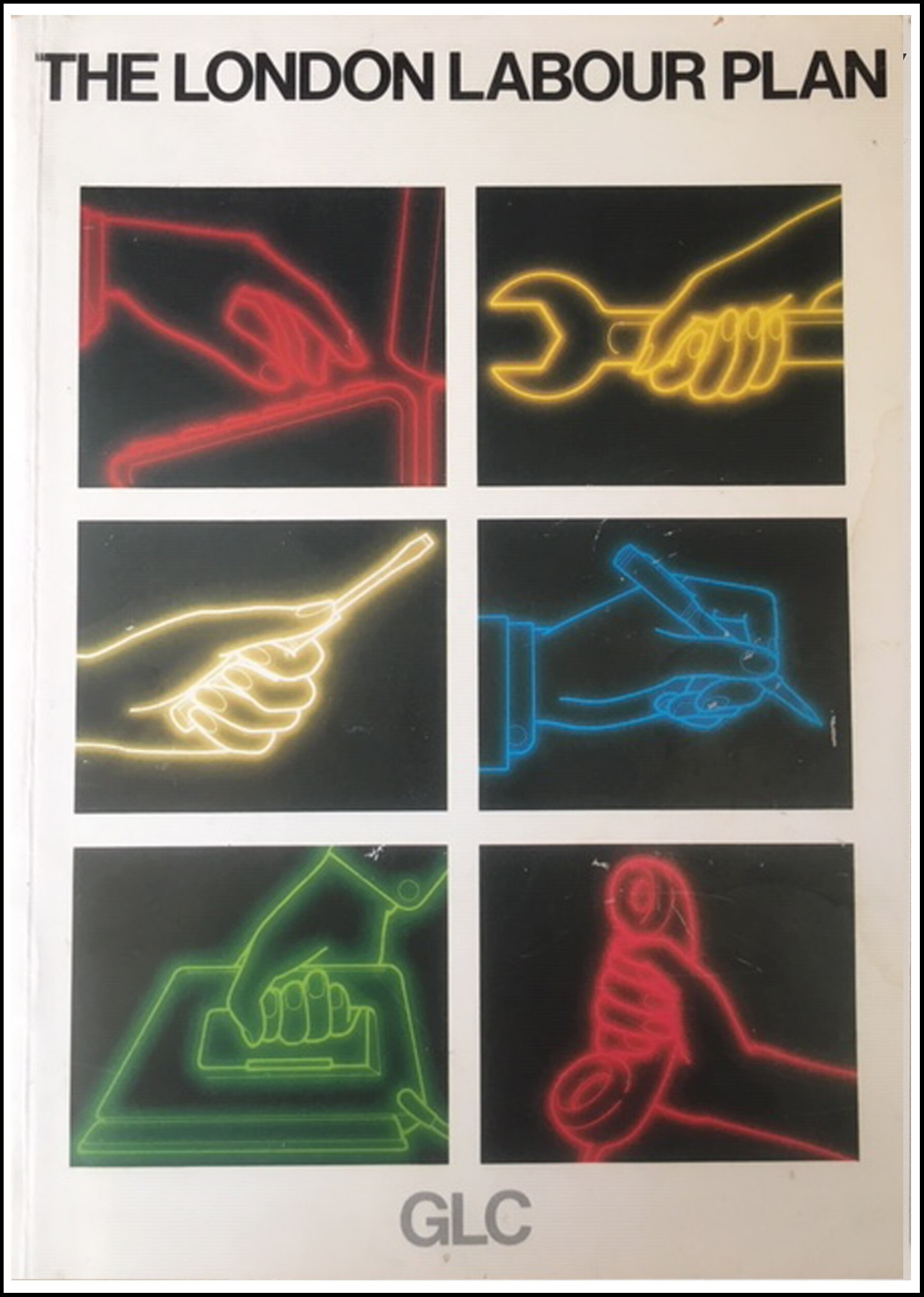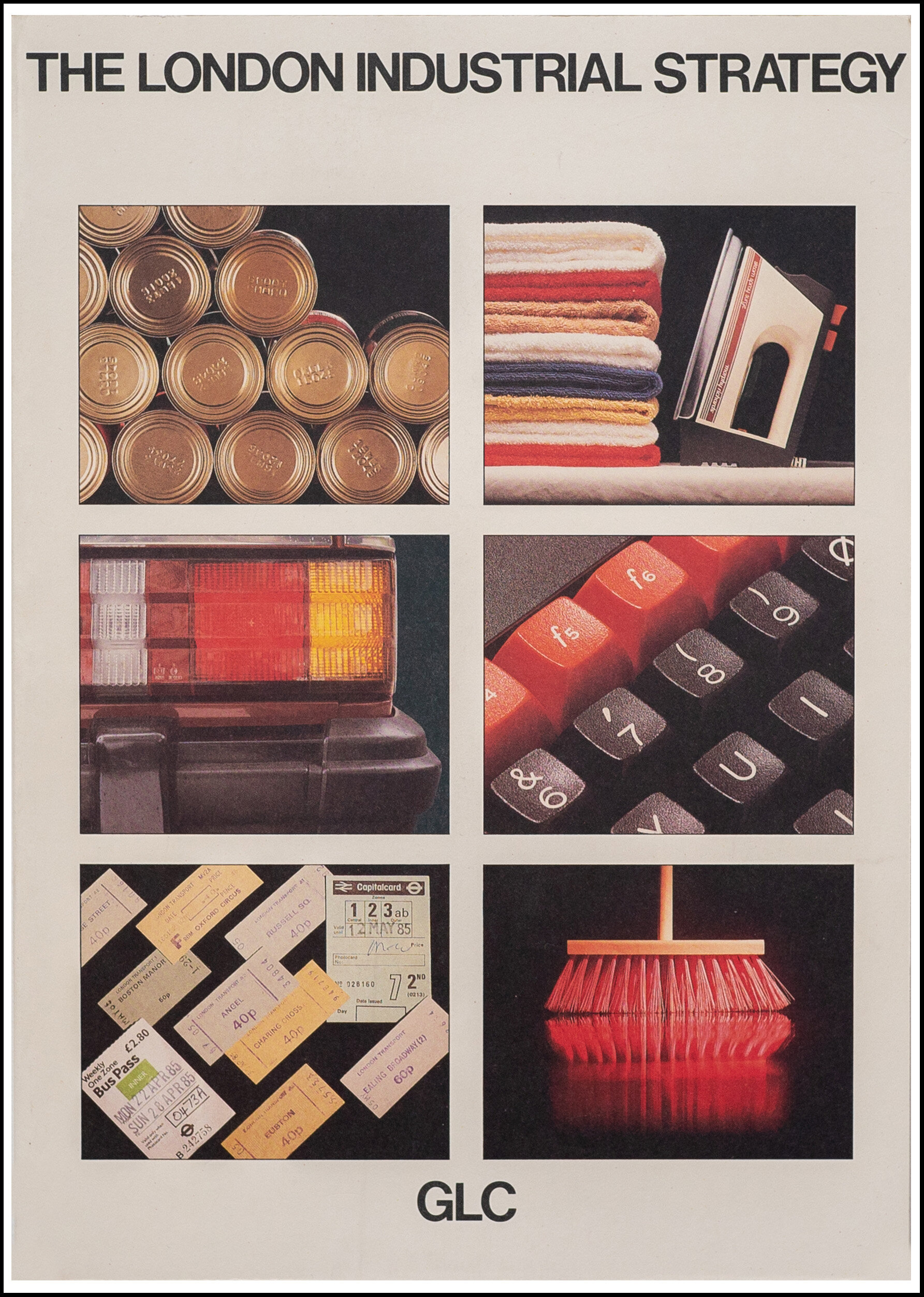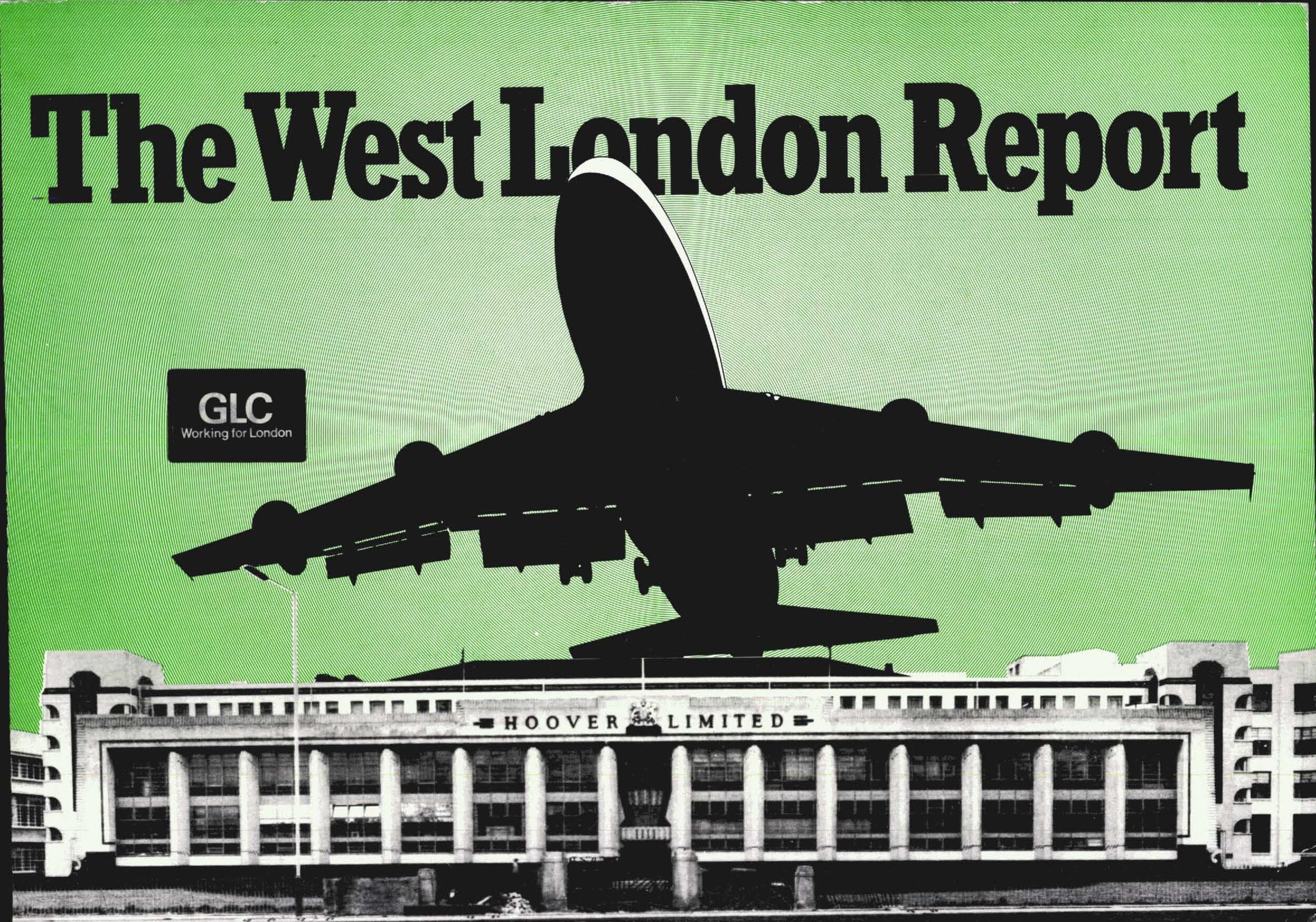Greater London Council
“Government believes that by closing down our institutions they can crush our ideas. But they have found it hard enough to frame laws to outlaw our actions: laws to outlaw our ideas would be beyond them - and attempts to suppress ideas usually have the opposite effect” (Michael Ward, 1986)
Bryn Davies, Michael Ward, Ken Livingstone, Stephen Benn, Robin Murray, unknown (L-R), GLA 2000
Robin & the Greater London Council
Michael Ward, former Deputy Leader of the GLC, reflects on Robin’s work at the Greater London Council as its first - and only - Chief Economic Adviser. He explains that the Economic Policy Group, which Robin led, was tasked with drawing up the London Industrial Strategy, combining research and policy development to guide the Council and the Greater London Enterprise Board (GLEB).
Hilary Wainwright at the Popular Planning Unit of the GLC
The Economics of Labour: Robin Murray, Industrial Strategy and the Popular Planning Unit
Hilary Wainwright explains how the Popular Planning Unit epitomised the idea of ‘working in and against the state’; working with Londoners organising in workplaces and in communities to defend their jobs or on local campaigns - such as the campaign to stop City Airport - whilst also working within the GLC bureaucracy to prepare proposals and present papers to the GLC’s Industry and Employment Committee and contribute the the London Industrial Strategy. It was also an example of Robin’s idea of the ‘flexible state’. The Popular Planning Unit - like other new units of Livingstone’s GLC – were exemplifying some of the basic social relations of an open, flexible and deeply democratic form of public administration in which public servants were serving the public, supporting civil society, not simply commanding an apparatus on behalf of the representatives of the public. For four years, Londoners were served not by ‘public officials’ but by ‘civil civil servants’ as Robin used to describe us all, himself included.
D Evans, J Humphries, R Kaplinsky, J Zeitlin, R Murray, D Smith, J Rafferty and daughter, M Best (L-R), Nicosia, Cyprus IDS Mission, 1987
From Sector Studies to Flexible Specialisation
Michael Best reflects on Robin’s experience as Director of Industry at the GLC and in setting up the GLEB. Best explains how the sector strategies undertaken by the GLEB were initially intended to develop expertise of London’s major sectors and advise the GLEB on investments. However, these led to an examination of the thriving SME sectors in Germany and Emilia Romagna, which revealed the real structural causes of Britain’s industrial decline and the failure of its business system to meet the competition. What followed was a journey into a world of production capabilities, business organisation and governance institutions alien to the British economics discourse, business culture, and policymaking mindset. The ideas and practices of flexible specialisation were later developed by Robin and others when working on developing industrial strategies for Cyprus, Jamaica, Honduras and others at the IDS.
Liz & Tim Lang, Robin Murray and Michael Barratt-Brown (L-R), 2010
The Food Problem & the GLC
Tim Lang explains how Robin was early to identify ‘the food problem’ unleashed by the agri-chemical revolution and caused by over-production. At the GLC, Robin set up a unit within the Economics team to lead thinking about London’s food challenge and work out what regional government might do. They forged the blended approach for food within the London Industrial Strategy: part nutrition and health, part jobs and economics, part culture and service economy, part skills, part pleasure. This work also led to the formation of the London Food Commission in 1984 which continues to promote the public good through the food system.
SELECTED GLC PUBLICATIONS
FURTHER READING
Robin Murray, “The Production of Industrial Strategy”, IDS, July 7-8th 1988
Robin Murray, Introduction, London Industrial Strategy, London, Greater London Council, 1985. (While Head of Employment and Industry at the GLC between 1982-1986, Robin wrote or edited 14 reports which you can access here).
Robin Murray, “London and the Greater London Council: Restructuring the Capital of Capital”, In Slowdown or crisis? Restructuring in the 1980s, IDS Bulletin, Vol.16, no 1, IDS, 1985
Robin Murray, “New Directions in Municipal Socialism” in (ed.) B Pimlott, Fabian Essays in Socialist Thought, Heineman 1984 (also in Spanish)




